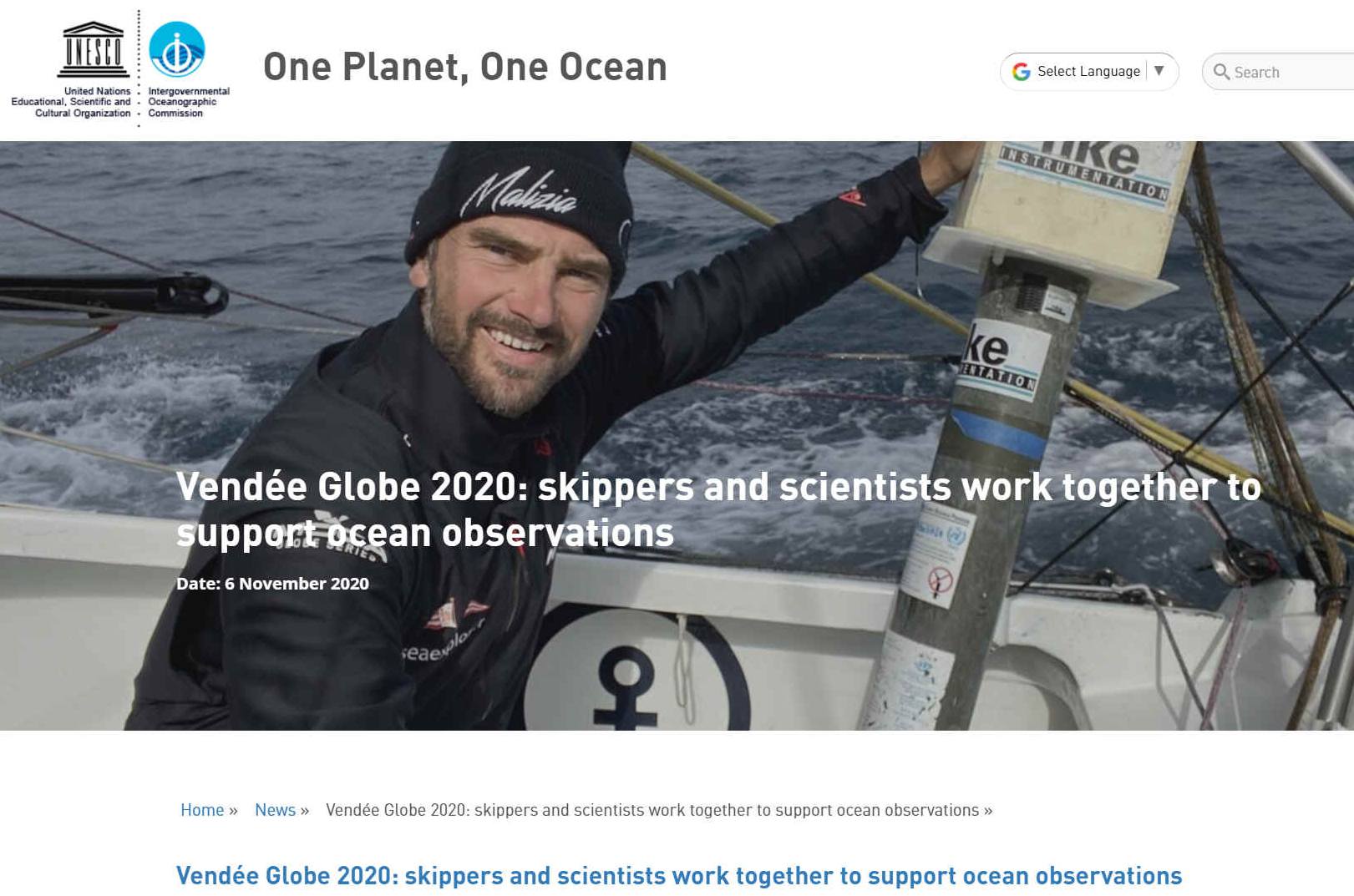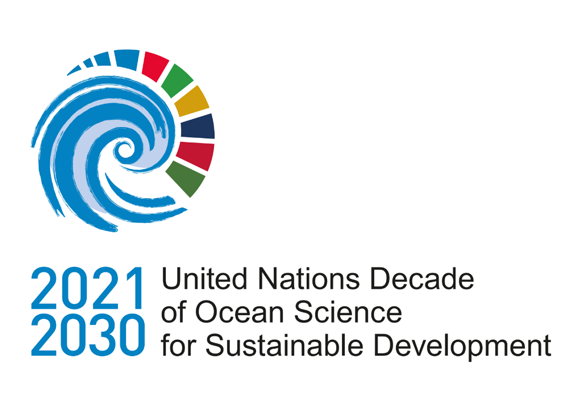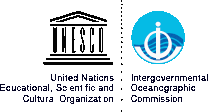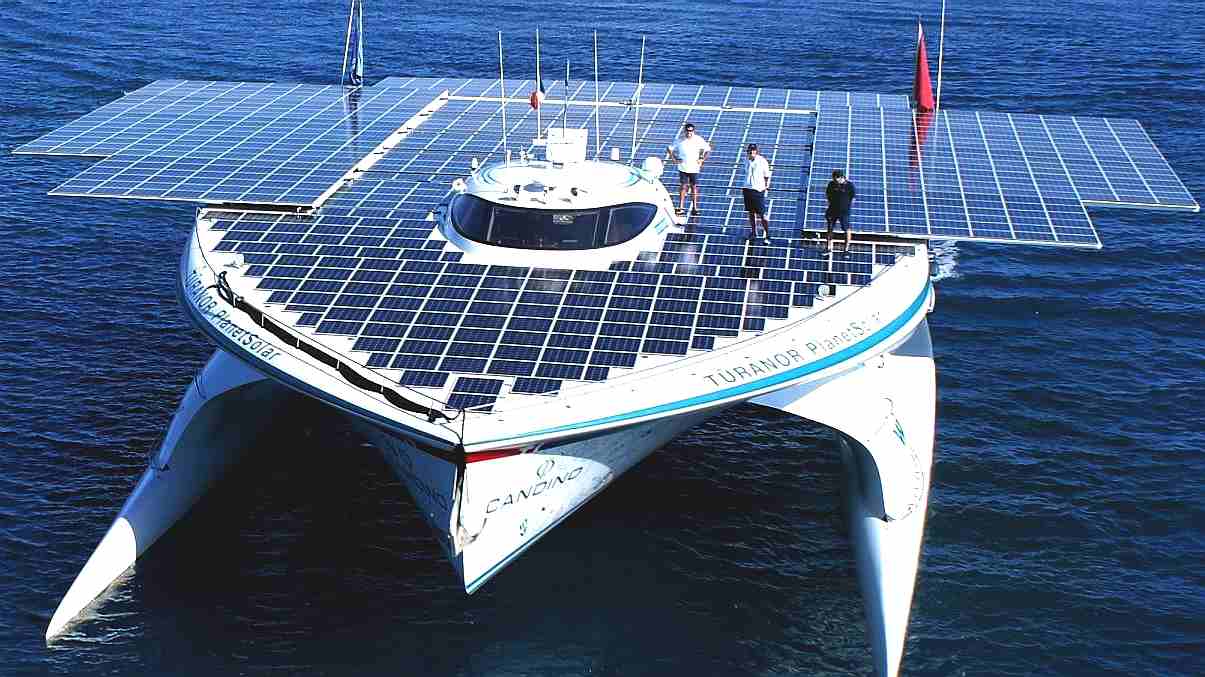|
Please use our A-Z INDEX to navigate this site or return HOME
|
||
IOC - The Intergovernmental Oceanographic Commission of UNESCO (IOC) is the United Nations body responsible for supporting global ocean science and services. The IOC enables its 150 Member States to work together to protect the health of our shared ocean by coordinating programmes in areas such as ocean observations, tsunami warnings and marine spatial planning.
Since it was established in 1960, the IOC has provided a focus for all other United Nations bodies that are working to understand and improve the management of our oceans, coasts and marine ecosystems. Today, the IOC is supporting all its Member States to build their scientific and institutional capacity in order to achieve the United Nations Sustainable Development Goal 14 to conserve and sustainably manage ocean and marine resources by 2030.
UN DECADE OF SCIENCE @ COP15
The United Nations Decade of Ocean Science for Sustainable Development (2021-2030, Ocean Decade for short) will support a new cooperative framework to ensure that global ocean science provides greater benefits for ocean ecosystems and wider society. It will provide a 'once in a lifetime' opportunity to create a new foundation for the scientific community, governments, civil society, and the UN system to strengthen the management of our oceans and coasts for the benefit of humanity.
The marine realm is the largest component of the Earth’s system that stabilizes climate and support life on
Earth and human well-being. However, the First World Ocean Assessment released in 2016 found that much of the ocean is now seriously degraded, with changes and losses in the structure, function and benefits from marine systems.
On 5 December 2017, the United Nations declared that a Decade of Ocean Science for
Sustainable Development would be held from 2021 to 2030. This Decade will provide a common framework to ensure that ocean science can fully support countries to achieve the 2030 Agenda for Sustainable Development.
CONTACTS
Executive Secretary: Dr Vladimir Ryabinin
http://www.oceandecade.org/
LINKS & REFERENCE
https://oceandecade.org/2022-un-biodiversity-conference-cop15/ https://www.oceandecade.org/ https://ioc.unesco.org/news/vendee-globe-2020-skippers-and-scientists-work-together-support-ocean-observations
|
||
|
Please use our A-Z INDEX to navigate this site or return HOME
This website is Copyright © 2023 Jameson Hunter Ltd
|






